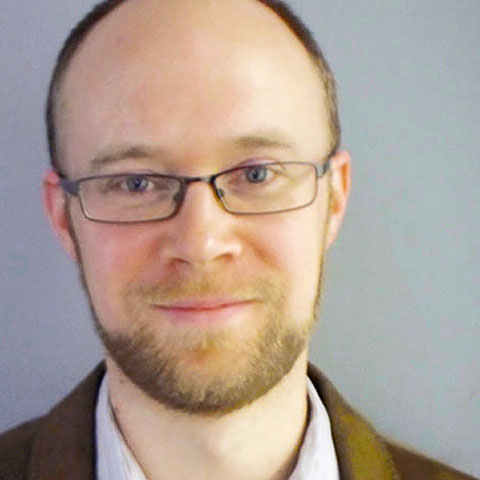KLI Colloquia are invited research talks of about an hour followed by 30 min discussion. The talks are held in English, open to the public, and offered in hybrid format.
Spring 2026 KLI Colloquium Series
Join Zoom Meeting
https://us02web.zoom.us/j/5881861923?omn=85945744831
Meeting ID: 588 186 1923
12 March 2026 (Thurs) 3-4:30 PM CET
What Is Biological Modality, and What Has It Got to Do With Psychology?
Carrie Figdor (University of Iowa)
26 March 2026 (Thurs) 3-4:30 PM CET
The Science of an Evolutionary Transition in Humans
Tim Waring (University of Maine)
9 April 2026 (Thurs) 3-4:30 PM CET
Hierarchies and Power in Primatology and Their Populist Appropriation
Rebekka Hufendiek (Ulm University)
16 April 2026 (Thurs) 3-4:30 PM CET
A Metaphysics for Dialectical Biology
Denis Walsh (University of Toronto)
30 April 2026 (Thurs) 3-4:30 PM CET
What's in a Trait? Reconceptualizing Neurodevelopmental Timing by Seizing Insights From Philosophy
Isabella Sarto-Jackson (KLI)
7 May 2026 (Thurs) 3-4:30 PM CET
The Evolutionary Trajectory of Human Hippocampal-Cortical Interactions
Daniel Reznik (Max Planck Society)
21 May 2026 (Thurs) 3-4:30 PM CET
Why Directionality Emerged in Multicellular Differentiation
Somya Mani (KLI)
28 May 2026 (Thurs) 3-4:30 PM CET
The Interplay of Tissue Mechanics and Gene Regulatory Networks in the Evolution of Morphogenesis
James DiFrisco (Francis Crick Institute)
11 June 2026 (Thurs) 3-4:30 PM CET
Brave Genomes: Genome Plasticity in the Face of Environmental Challenge
Silvia Bulgheresi (University of Vienna)
25 June 2026 (Thurs) 3-4:30 PM CET
Anne LeMaitre (KLI)
KLI Colloquia 2014 – 2026
Event Details

Topic description:
Despite its pervasiveness, the concept of ‘levels of organization’ has received little attention in its own right. In this presentation I will argue that, contrary to recent claims of its uselessness, the 'levels' concept can be revealed as a uniquely effective and flexible conceptual tool tailored to perform a wide host of scientific tasks. This approach posits a fragmentary concept that balances a striking variation in conceptual content between instances of usage with a remarkably conserved and sufficiently unifying significance attributed to it across these instances. Key to this 'fragmentary account' will be a reconstruction of 'levels’ that situates the concept within an interest-relative matrix of active usage within scientific practice. To this end I posit here two important components that comprise my fragmentary account: the term’s content fragments, which replace meaning and reference as carriers of the term's conceptual content, and the epistemic goal (sensu Brigandt 2010) motivating the term's usage, which delegates tasks whose execution fill these fragments in a given instance. Together, these show the concept of levels to be minimally but sufficiently coherent and unified. This heuristic, usage-based treatment of levels does not diminish the concept's general importance to science, but rather allows for its use in, and usefulness for, scientific practice to be better contextualized to particular tasks encompassing varying breadths of activity.
Biographical note:
Daniel holds Bachelor´s degrees in Philosophy and German Studies from the University of Cincinnati and a Master´s degree in Philosophy from Bielefeld University. In 2014 he completed his Ph.D. studies in Bielefeld under his dissertation project “The Concept of Levels of Organization in Biology”. Before his postdoctoral fellowship at the KLI, Daniel taught graduate and undergraduate seminars in current topics in the philosophy of science and epistemology at the University of Münster.


